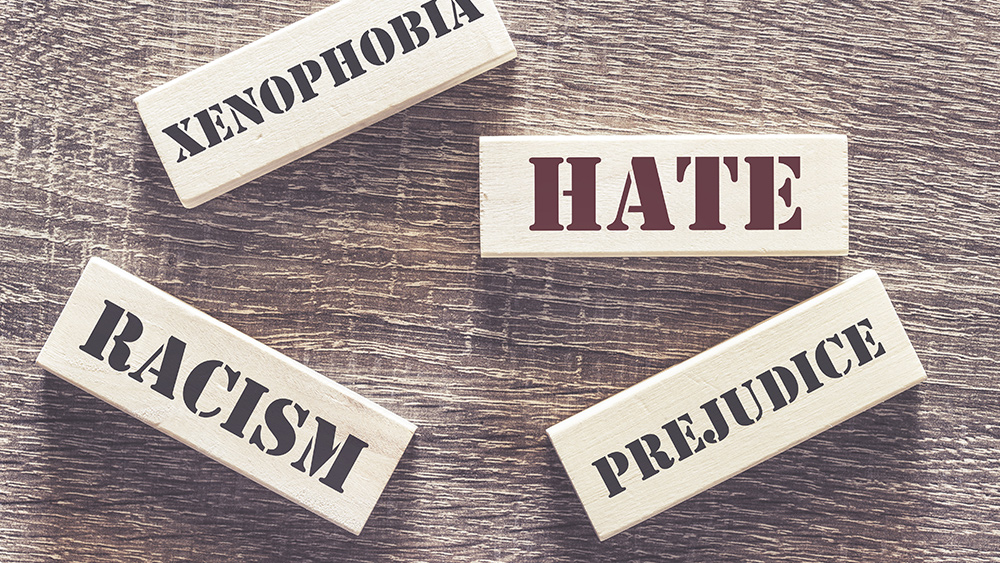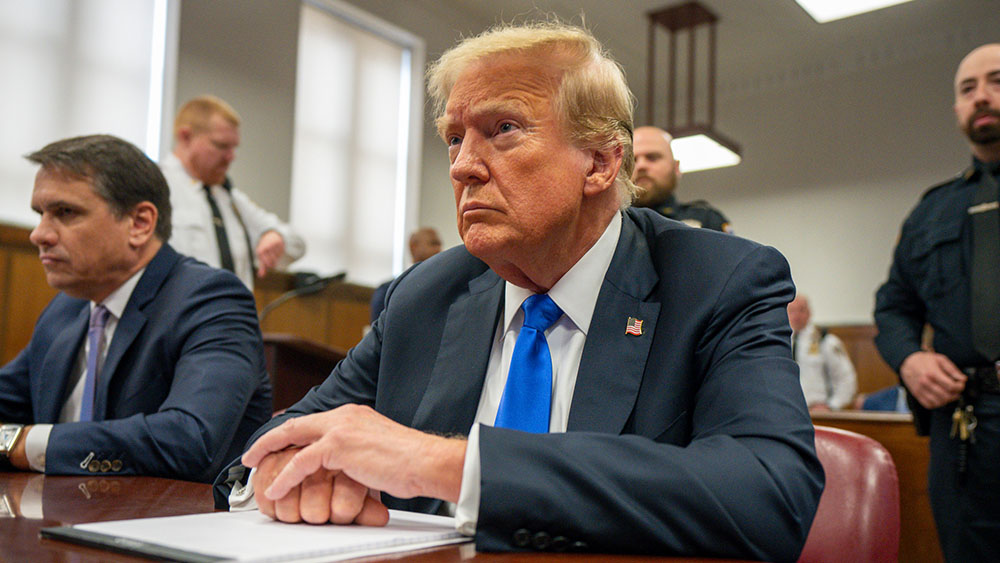
There are some in Congress who never seem to tire of sending American military men and women into battle, even if it means semi-invading a next-door neighbor and erstwhile ally.
Sen. Lindsey Graham (R-S.C.) is one of them.
On Tuesday following the kidnapping of four Americans and the murder of two of them by drug cartel operatives, Graham said he was going to introduce legislation that would authorize the use of American military forces in Mexico.
Yes, Mexico -- not something the Mexican government is going to look kindly upon (think how you'd feel if a foreign nation sent its military into the U.S. to 'take care of a problem').
During an appearance on Jesse Watters Primetime on Monday, Graham shared his thoughts on the recent kidnappings and the drug war in general. The senator expressed agreement with former Attorney General Bill Barr's view that the U.S. government should classify drug cartels as terrorist organizations, according to Mediaite.
“What would Lindsey Graham do in this situation?” asked host Jesse Watters.
“I would follow Bill Barr’s advice and get tough on Mexico,” he responded. “It’s not just the hostages. Number one, I’d do everything I could to get them back. I’d do what Trump did. I’d put Mexico on notice. ‘If you continue to give safe haven to fentanyl drug dealers, then you’re an enemy of the United States.'"
Graham pointed out that tens of thousands of Americans have died due to fentanyl overdoses caused by its influx across the border, and he went on to criticize President Joe Biden for the same.
We are building the infrastructure of human freedom and empowering people to be informed, healthy and aware. Explore our decentralized, peer-to-peer, uncensorable Brighteon.io free speech platform here. Learn about our free, downloadable generative AI tools at Brighteon.AI. Every purchase at HealthRangerStore.com helps fund our efforts to build and share more tools for empowering humanity with knowledge and abundance.
“This administration has done nothing about it,” he said. “I’m going to introduce legislation, Jesse, to make certain Mexican drug cartels foreign terrorist organizations under U.S. law and set the stage to use military force if necessary to protect America from being poisoned by things coming out of Mexico.”
He added: “I would tell [the] Mexican government, ‘If you don’t clean up your act, we’re gonna clean it up for you.'”
Mexico’s drug cartels are notorious for their violent and illegal activities, which have been a major issue for the country for decades. The cartels have been responsible for countless deaths and have caused significant damage to the country's economy and social fabric.
Mexico’s drug cartels originated in the late 1980s and early 1990s when the Colombian drug cartels were dismantled. Mexican cartels stepped in to fill the void and began trafficking cocaine and other drugs to the United States. Over the years, the cartels diversified their operations, and now they are involved in everything from human trafficking to extortion and money laundering.
The drug cartels are highly structured organizations that operate like well-oiled machines. They have a hierarchical structure, with a clear chain of command, and each member has a specific role to play. The cartel leaders are known as "capos" and are responsible for overseeing the entire operation. They are often the most violent and ruthless members of the organization.
Below the capos are the "lieutenants" who oversee specific regions or territories. These lieutenants are responsible for managing the drug trafficking and other illegal activities in their area. They are also responsible for enforcing the cartel's rules and eliminating any threats to the organization.
The foot soldiers or "sicarios" are at the bottom of the hierarchy. They are responsible for carrying out the cartel's violent activities, such as assassinations and kidnappings. Many of these foot soldiers are recruited from poor communities where job opportunities are limited.
The impact of Mexican drug cartels on the country has been devastating. The violence and corruption associated with the cartels have led to a breakdown of law and order in many parts of the country. The cartels have also infiltrated the government, leading to a lack of trust in law enforcement agencies.
The economic impact of the drug cartels is also significant. The cartels control many of the country's ports and transportation routes, which has led to a rise in the cost of goods and services. The drug trade has also led to a significant increase in money laundering and corruption, which undermines the country's economy.
The cartels' hierarchical structure and violent activities have led to a breakdown of law and order and have caused significant harm to the country's social fabric and economy, making Mexico essentially a large narco-state.
Sources include:
Please contact us for more information.



















